
Georgian President Mikhail Saakashvili greets people at a rally against Russia in Tbilisi, Monday, Sept. 1, 2008. Huge crowds of Georgians surged into the capital's streets Monday to demonstrate against Russia. The Tbilisi demonstration started Monday with people holding hands to form "human chains" in an echo of the so-called Baltic Chain of 1989 in which residents of then-Soviet Lithuania, Latvia and Estonia stretched the length of their homelands to protest Soviet occupation. (AP Photo/Irakli Gedenidze, Pool)

A Russian peacekeeper officer gestures as Georgians hold national flags during a protest rally in Karaleti on September 1, 2008. Tens of thousands of people gathered in the Georgian capital Tbilisi and other Georgian cities to protest against Russia's occupation of parts of the ex-Soviet republic. ANATOLY RUKHADZE / AFP/Getty Images

Georgian World War II veterans take part in the protest against Russia in front of the Russian checkpoint at Karaleti village, 8 km (5 miles) west of the city of Gori, where soldiers are guarding the "security zone" that Moscow claimed for itself after this month's war in Georgia, Monday Sept. 1, 2008. The demonstration started with hand-holding people forming "human chains" in an echo of the so-called Baltic Chain of 1989, in which residents of then-Soviet Lithuania, Latvia and Estonia stretched the length of their homelands to protest Soviet occupation. (AP Photo/Efrem Lukatsky)

Georgians wave a giant US flag at a protest in Tbilisi on September 1, 2008. Tens of thousands of people gathered in the Georgian capital Tbilisi and other Georgian cities to protest against Russia's occupation of parts of the ex-Soviet republic. VANO SHLAMOV / AFP/Getty Images

People wave Georgian flags during a demonstration for peace on September 1, 2008 in front of the parliament in Tbilisi. "Georgia is united as never before. There are one million people on the streets," President Mikheil Saakashvili told a crowd on Freedom Square in central Tbilisi, part of a "human chain" that stretched for kilometres (miles). Huge crowds of Georgians rallied against Russia's occupation of parts of the country in what officials said was the biggest protest in the ex-Soviet republic's history. The rally coincided with an emergency summit of EU leaders in Brussels deciding how to respond to Russia's actions. OLIVIER LABAN-MATTEI / AFP/Getty Images

Georgian boys wearing traditional costumes raise their hands near a monument to Josef Stalin during a protest rally in Gori on September 1, 2008. Tens of thousands of people gathered in the Georgian capital Tbilisi and other Georgian cities to protest against Russia's occupation of parts of the ex-Soviet republic. ANATOLY RUKHADZE / AFP/Getty Images

Georgians carry a giant European Union flag during a rally in Tbilisi on September 1, 2008. Tens of thousands of people gathered in the Georgian capital Tbilisi to protest against Russia's occupation of parts of the ex-Soviet republic. Central Tbilisi was a sea of red-and-white Georgian flags as demonstrators formed a human chain stretching from central Freedom Square along the city's main street, Rustaveli Avenue. As the Georgian national anthem played to mark the start of the rally, demonstrators joined their hands and raised them into the air. ZVIAD NIKOLAISHVILI / AFP/Getty Images

Georgians carry a giant European Union flag during a rally in Tbilisi on September 1, 2008. Tens of thousands of people gathered in the Georgian capital Tbilisi to protest against Russia's occupation of parts of the ex-Soviet republic. Central Tbilisi was a sea of red-and-white Georgian flags as demonstrators formed a human chain stretching from central Freedom Square along the city's main street, Rustaveli Avenue. As the Georgian national anthem played to mark the start of the rally, demonstrators joined their hands and raised them into the air. ZVIAD NIKOLAISHVILI / AFP/Getty Images

A large crowd fills Freedom Square in central Tbilisi on September 1, 2008, during a peace demonstration. Huge crowds of Georgians rallied against Russia's occupation of parts of the country in what officials said was the biggest protest in the ex-Soviet republic's history. The rally coincided with an emergency summit of EU leaders in Brussels deciding how to respond to Russia's actions. "Georgia is united as never before. There are one million people on the streets," President Mikheil Saakashvili told a crowd on Freedom Square in central Tbilisi, part of a "human chain" that stretched for kilometres (miles). OLIVIER LABAN-MATTEI / AFP/Getty Images

Georgian people hold national flags at a rally against Russia at Freedom Square in Tbilisi, Monday, Sept. 1, 2008. Huge crowds of Georgians surged into the capital's streets Monday to demonstrate against Russia. The Tbilisi demonstration started Monday with people holding hands to form "human chains" in an echo of the so-called Baltic Chain of 1989 in which residents of then-Soviet Lithuania, Latvia and Estonia stretched the length of their homelands to protest Soviet occupation. (AP Photo/Shakh Aivazov)

Children hold doves and Georgian flags, during a protest against Russia in front of the Russian checkpoint at Karaleti village, 8 km (5 miles) west of the city of Gori, where soldiers are guarding the "security zone" that Moscow claimed for itself after last month's war in Georgia, Monday Sept. 1, 2008. (AP Photo/Efrem Lukatsky)

Georgian people hold national flags at a rally against Russia at Freedom Square in Tbilisi, Monday, Sept. 1, 2008. Huge crowds of Georgians surged into the capital's streets Monday to demonstrate against Russia. The Tbilisi demonstration started Monday with people holding hands to form "human chains" in an echo of the so-called Baltic Chain of 1989 in which residents of then-Soviet Lithuania, Latvia and Estonia stretched the length of their homelands to protest Soviet occupation. (AP Photo/Shakh Aivazov) AP

A child sleeps in the arms of a woman taking part in a rally against Russia at Freedom Square in Tbilisi, Georgia Monday, Sept. 1, 2008. Huge crowds of Georgians surged into the capital's streets Monday to demonstrate against Russia. The Tbilisi demonstration started Monday with people holding hands to form "human chains" in an echo of the so-called Baltic Chain of 1989 in which residents of then-Soviet Lithuania, Latvia and Estonia stretched the length of their homelands to protest Soviet occupation. (AP Photo/Shakh Aivazov)
Enormes multitudes de georgianos se congregaron en las calles de Tiflis el lunes para protestar contra Rusia, al tiempo que otros se concentraron junto a un puesto de control donde Rusia defiende una "zona de seguridad" que Moscú creó tras la guerra del mes pasado.
Protestas similares ocurrieron en Poti, el puerto del Mar Negro donde las fuerzas rusas tienen un puesto de control en las afueras de la ciudad, y en Gori, que fue bombardeada y ocupada posteriormente por soldados rusos al expandirse los combates de la provincia separatista de Osetia del Sur por territorio georgiano.
No hubo cifras inmediatas de la participación en las protestas, pero la televisora Rustavi-2 dijo que hubo más de un millón de personas. Hubo manifestaciones similares en las ciudades de Kutaisi y Zugdidi.
La multitud que atestó la principal avenida de Tiflis pareció consistir de por lo menos 100.000 personas.
Las protestas ocurrieron luego que Rusia afirmó el lunes que los buques militares de Estados Unidos que llevaron ayuda humanitaria a Georgia también habrían transportado armas para el gobierno de Tiflis.
El vocero del ministerio de Relaciones Exteriores ruso, Andrei Nesterenko, dijo que esas sospechas figuran entre las razones de que Rusia haya exigido un embargo de armas contra Georgia.
El vocero de la cancillería rusa indicó que existen "presunciones" de que entre el cargamento de ayuda humanitaria traído a bordo de buques de la armada guerra norteamericana habría "componentes militares".
Nesterenko también dijo en la conferencia de prensa que Rusia da la bienvenida a una presencia policial internacional y a más observadores militares occidentales en lo que ahora es una "zona de seguridad" controlada por los rusos en torno a la provincia separatista georgiana de Osetia del Sur.
Indicó que pasará bastante tiempo antes de que Rusia decida reducir su presencia militar en la región.
Por su parte, el ministro de Relaciones Exteriores de Rusia, Serguei Lavrov, advirtió el lunes a Occidente que se abstenga de ayudar al gobierno de Georgia. También planteó una suspensión de la venta de armas a la ex república soviética hasta que tenga otras autoridades.
Lavrov dijo que Moscú desea que el presidente de Georgia Mijail Saakashvili abandone el poder en Georgia.
"Si en lugar de escoger sus intereses nacionales y el interés del pueblo georgiano, Estados Unidos y sus aliados escogen al régimen de Saakashvili, eso sería un error de proporciones realmente históricas", dijo.
"Para empezar, estaría bien imponer un embargo de armas a este régimen, hasta que autoridades diferentes hagan de Georgia un Estado normal", explicó en un discurso ante estudiantes de la principal escuela de diplomáticos de Rusia.
Al mismo tiempo del discurso de Lavrov, la Unión Europea se disponía a analizar el lunes en una cumbre la crisis en Georgia y sus relaciones con Rusia.
"La cumbre de hoy en la UE debe llegar a un gran acuerdo. Esperamos que la decisión que tomen esté basada en los intereses fundamentales de Europa", dijo el canciller ruso al señalar que los vínculos de Rusia con la OTAN pasaban por un "momento de definiciones".
El Nuevo Herald
http://www.elnuevoherald.com/258/story/276234.html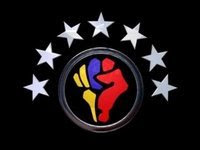



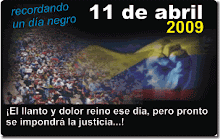



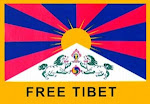
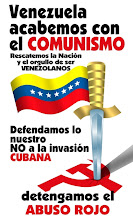






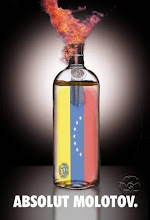
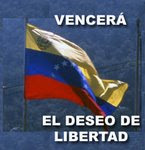
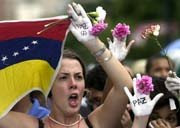
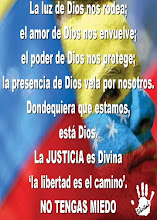
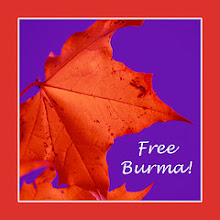

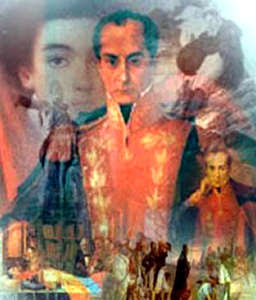
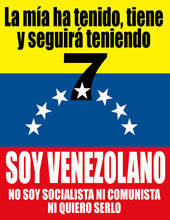
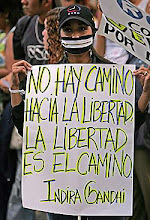




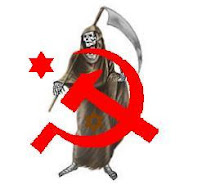
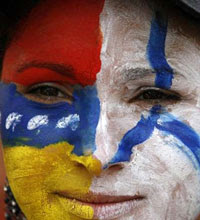
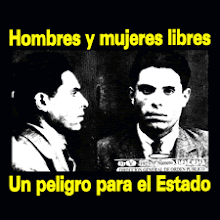
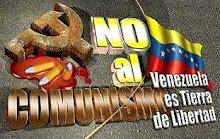
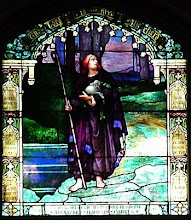
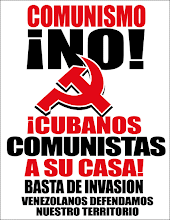


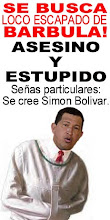
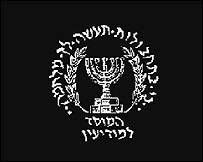
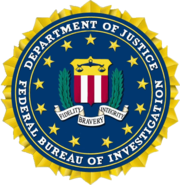
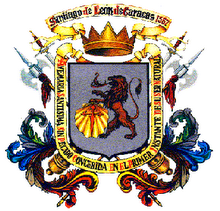


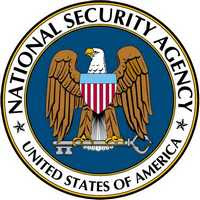


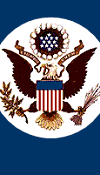
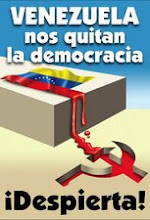



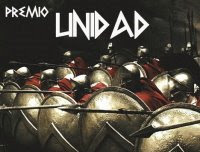

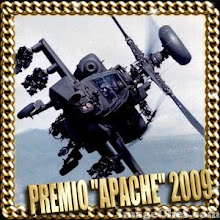
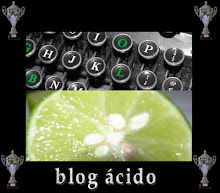
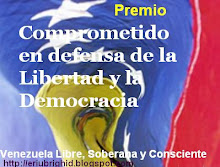
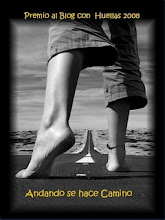
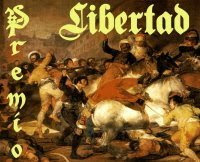



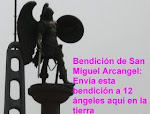


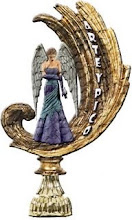












No hay comentarios:
Publicar un comentario